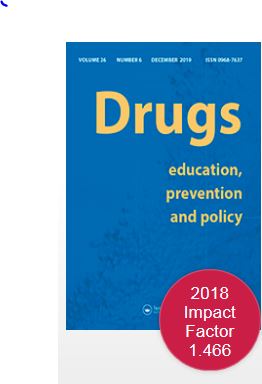 This is the second time in a week that I have the pleasure of announcing a paper by our PhD student Orlanda Harvey. This PhD-based paper ‘Support for non-prescribed Anabolic Androgenic Steroids users: A qualitative exploration of their needs’ has been accepted by the scientific journal Drugs: Education, Prevention & Policy (published by Taylor & Francis) [1]. Orlanda’s PhD is a mixed-methods study of social workers working with people using un-prescribe /recreational Anabolic Androgenic Steroid (AAS) in several high-income countries including the UK.
This is the second time in a week that I have the pleasure of announcing a paper by our PhD student Orlanda Harvey. This PhD-based paper ‘Support for non-prescribed Anabolic Androgenic Steroids users: A qualitative exploration of their needs’ has been accepted by the scientific journal Drugs: Education, Prevention & Policy (published by Taylor & Francis) [1]. Orlanda’s PhD is a mixed-methods study of social workers working with people using un-prescribe /recreational Anabolic Androgenic Steroid (AAS) in several high-income countries including the UK.
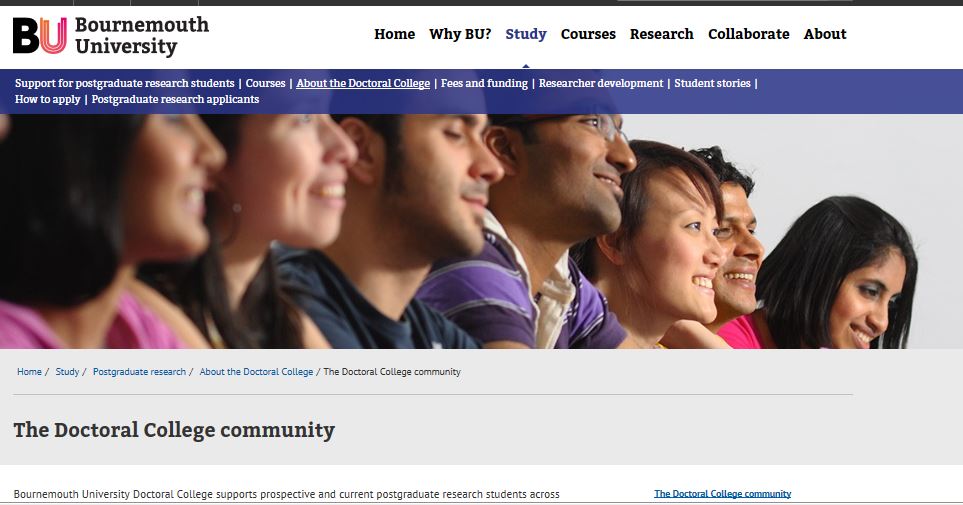 With her success in publishing Orlanda is a good ambassador for Bournemouth University’s PhD Integrated Thesis format. Such Integrated Thesis allows PhD candidates to incorporate material that has been published or submitted for publication to an academic peer-reviewed journal. Apart from the inclusion of such materials, the Integrated Thesis must conform to the same regulations as the traditional PhD thesis. Including Orlanda’s previously published review on AAS [3] she is well underway to putting together a well-balanced Integrated Thesis supported by her Faculty of Health & Social Sciences supervisors: Dr. Margarete Parrish, Dr. Steven Trenoweth and Prof Edwin van Teijlingen.
With her success in publishing Orlanda is a good ambassador for Bournemouth University’s PhD Integrated Thesis format. Such Integrated Thesis allows PhD candidates to incorporate material that has been published or submitted for publication to an academic peer-reviewed journal. Apart from the inclusion of such materials, the Integrated Thesis must conform to the same regulations as the traditional PhD thesis. Including Orlanda’s previously published review on AAS [3] she is well underway to putting together a well-balanced Integrated Thesis supported by her Faculty of Health & Social Sciences supervisors: Dr. Margarete Parrish, Dr. Steven Trenoweth and Prof Edwin van Teijlingen.
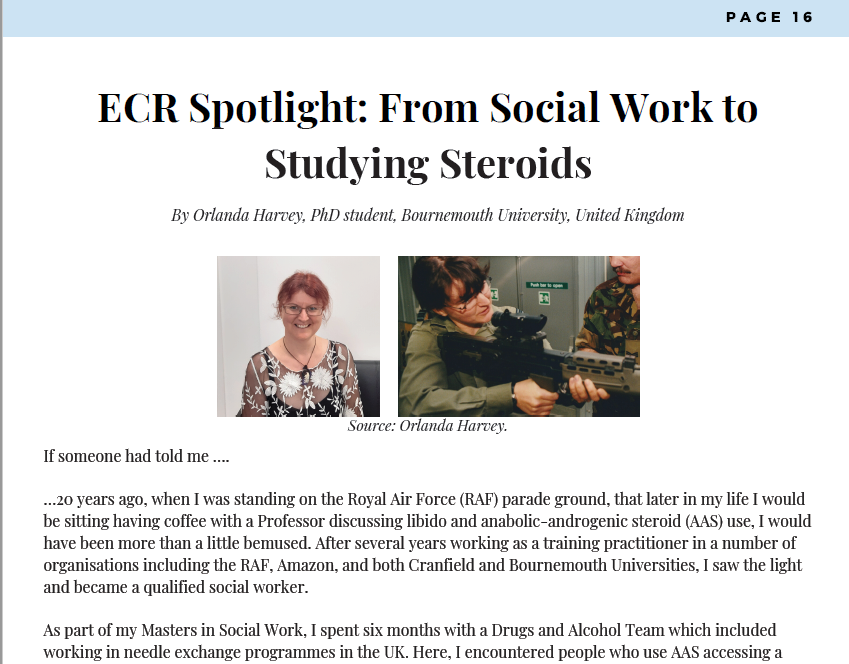 Of course, last week Orlanda already featured in the December of HED Matters as Early Career Researcher (ECR) with an article on ‘ECR Spotlight: From Social Work to Studying Steroids’ [2]. See also my BU Research Blog of four days ago (click here!).
Of course, last week Orlanda already featured in the December of HED Matters as Early Career Researcher (ECR) with an article on ‘ECR Spotlight: From Social Work to Studying Steroids’ [2]. See also my BU Research Blog of four days ago (click here!).
Congratulations!
Prof . Edwin van Teijlingen
Centre for Midwifery, Maternal & Perinatal Health
Reference:
- Harvey, O., Parrish, M., van Teijlingen, E., Trenoweth, S. Support for non-prescribed Anabolic Androgenic Steroids users: A qualitative exploration of their needs, Drugs: Education, Prevention & Policy (accepted). Doi 10.1080/09687637.2019.1705763
- Harvey, O., (2019) ECR Spotlight: From Social Work to Studying Steroids, HED Matters 2(2):16-19.
- Harvey, O., Keen, S., Parrish, M., van Teijlingen, E. (2019) Support for people who use Anabolic Androgenic Steroids: A Systematic Literature Review into what they want and what they access. BMC Public Health 19: 1024 https://rdcu.be/bMFon
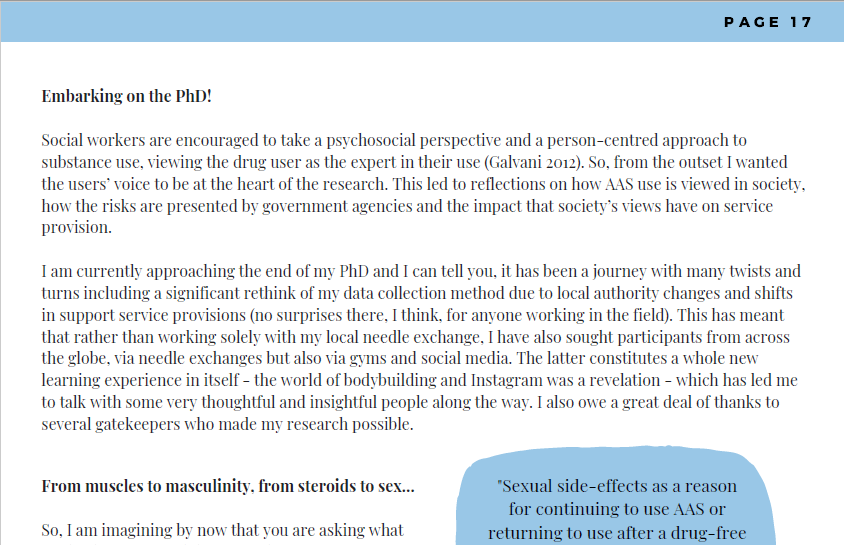
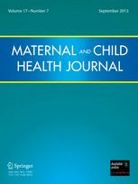

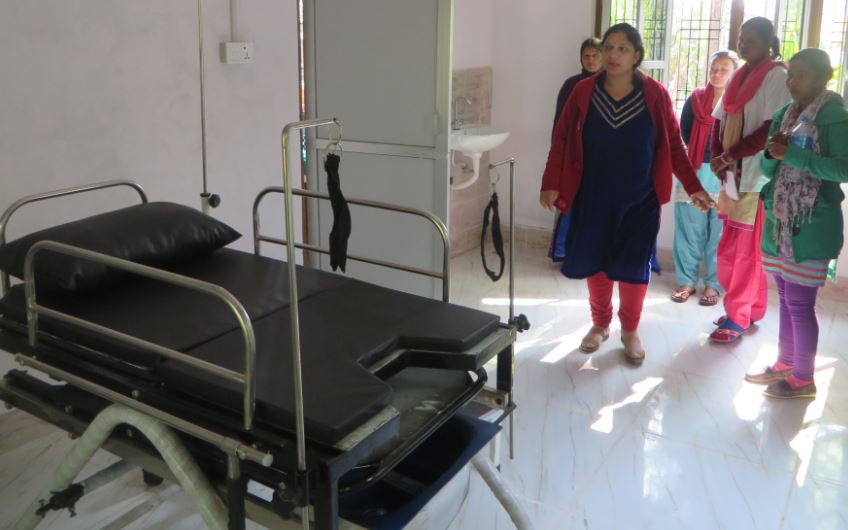





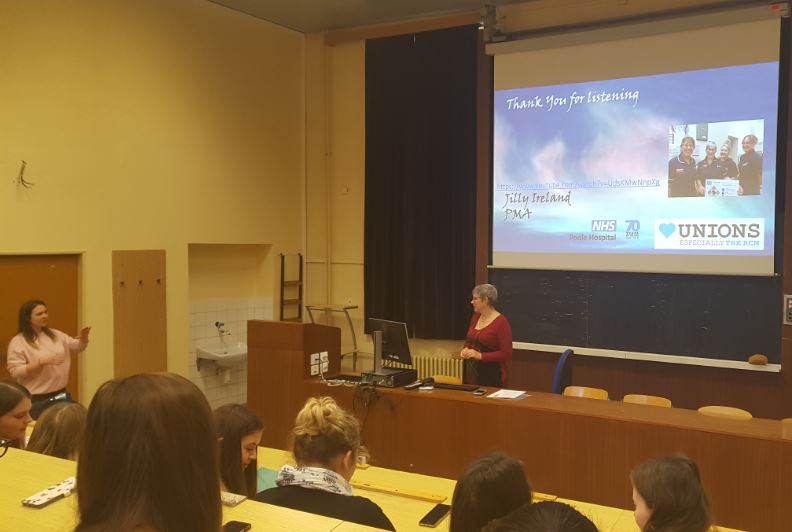
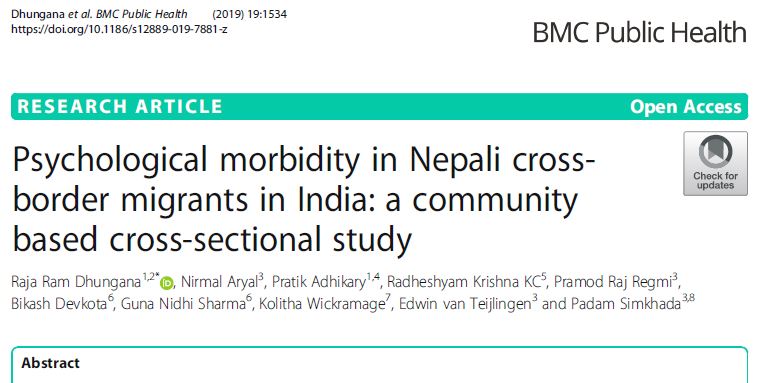





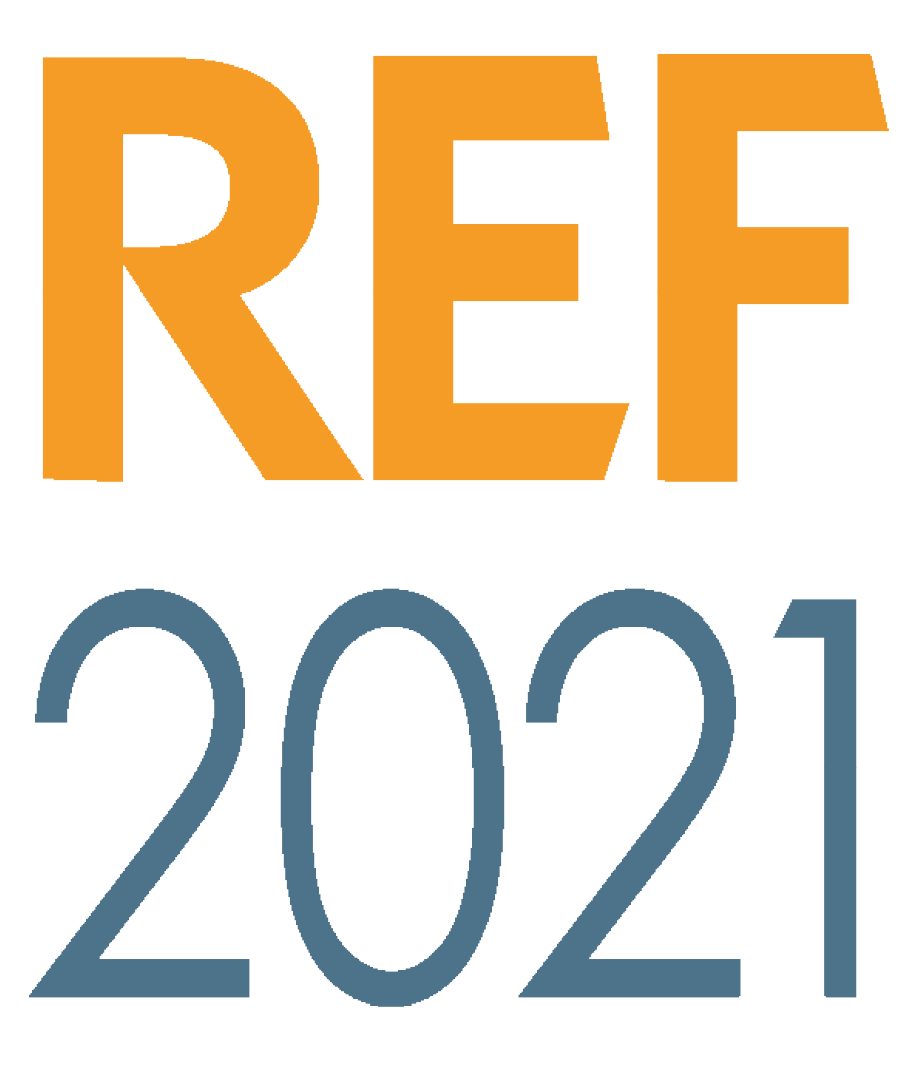
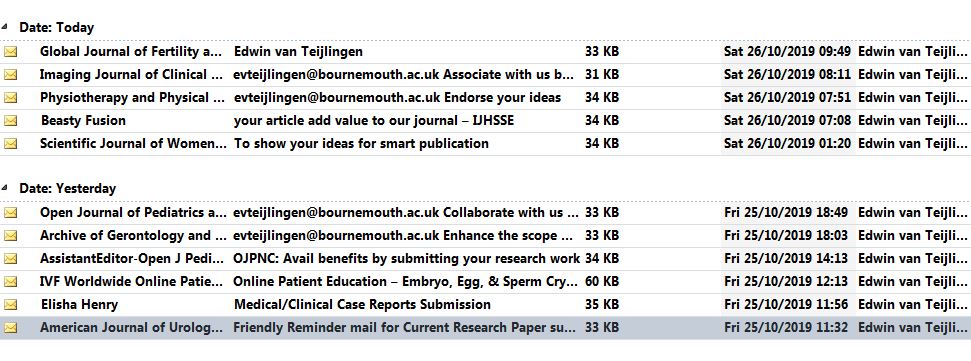

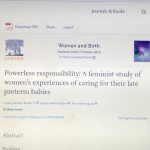 elation to their needs, rather than the focus being almost exclusively on their babies.
elation to their needs, rather than the focus being almost exclusively on their babies.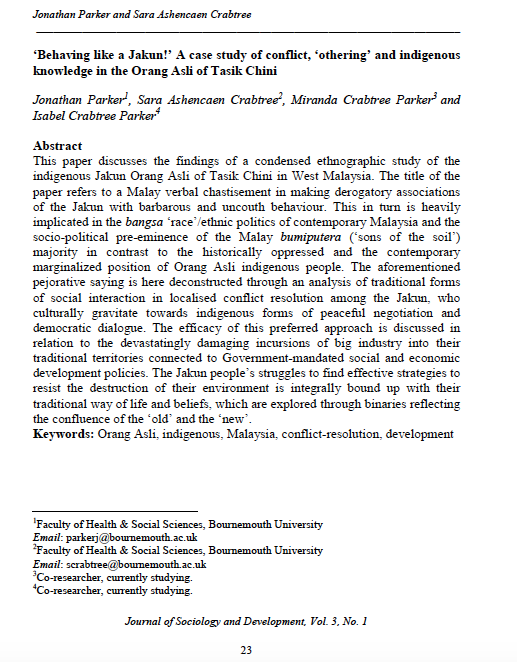

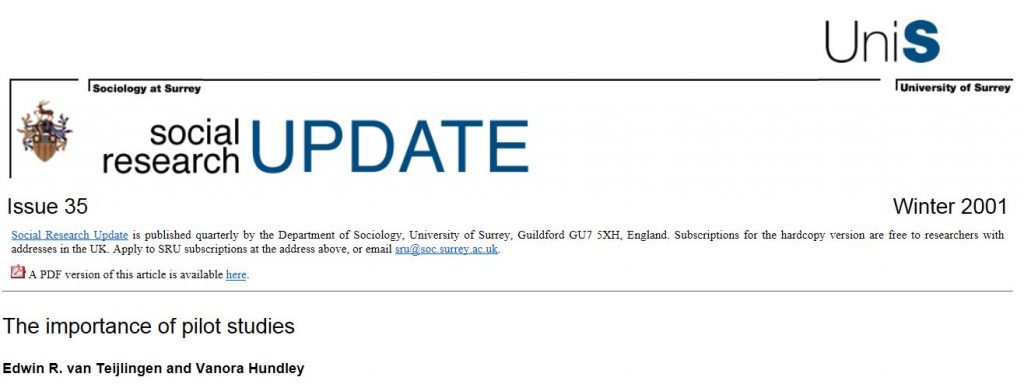


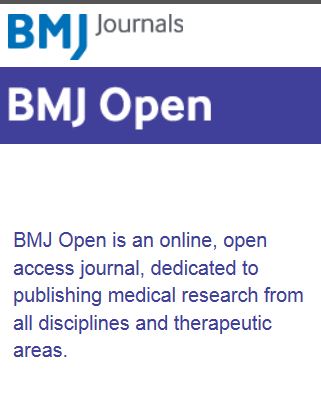
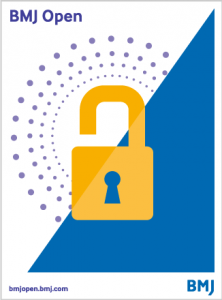












 Visiting Prof. Sujan Marahatta presenting at BU
Visiting Prof. Sujan Marahatta presenting at BU 3C Event: Research Culture, Community & Can you Guess Who? Friday 20 March 1-2pm
3C Event: Research Culture, Community & Can you Guess Who? Friday 20 March 1-2pm Beyond Academia: Exploring Career Options for Early Career Researchers – Online Workshop
Beyond Academia: Exploring Career Options for Early Career Researchers – Online Workshop UKCGE Recognised Research Supervision Programme: Deadline Approaching
UKCGE Recognised Research Supervision Programme: Deadline Approaching SPROUT: From Sustainable Research to Sustainable Research Lives
SPROUT: From Sustainable Research to Sustainable Research Lives ECR Funding Open Call: Research Culture & Community Grant – Apply now
ECR Funding Open Call: Research Culture & Community Grant – Apply now ECR Funding Open Call: Research Culture & Community Grant – Application Deadline Friday 12 December
ECR Funding Open Call: Research Culture & Community Grant – Application Deadline Friday 12 December MSCA Postdoctoral Fellowships 2025 Call
MSCA Postdoctoral Fellowships 2025 Call ERC Advanced Grant 2025 Webinar
ERC Advanced Grant 2025 Webinar Update on UKRO services
Update on UKRO services European research project exploring use of ‘virtual twins’ to better manage metabolic associated fatty liver disease
European research project exploring use of ‘virtual twins’ to better manage metabolic associated fatty liver disease